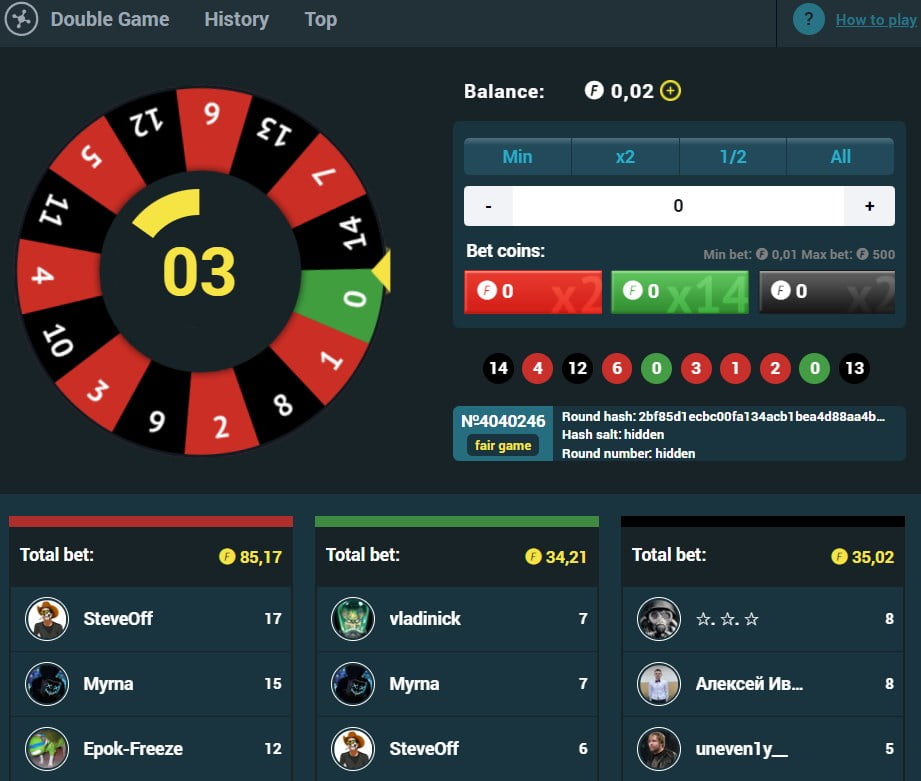Valve’s New Stance Against Gambling: A Detailed Breakdown
I’m sure you’ve all noticed how the online gaming community has been buzzing lately with some pretty controversial news. Valve, a leading name in the industry, has just overhauled its online code of conduct for Steam, and it has sparked quite a stir. Let’s break it down, section by section, to understand what’s happening.
The Updated Steam Code of Conduct
At first glance, the updated code of conduct seems pretty straightforward. The usual ‘no-nos’ are there: explicitly illegal activities, harassment, cheat programs, and attempts to manipulate the Steam client. But the new addition that’s causing ripples is the firm ban on “commercial activity,” which includes gambling. This is a significant shift, considering the past controversies and legal issues that Valve has faced over this very topic.
The Backstory: From CS:2 Gun Skin Marketplace to Gambling Controversies
If we take a step back, Valve once heavily promoted CS:2’s gun skin marketplace as a fun and thrilling feature. “Experience all the illicit thrills of black market weapons trafficking” without any of the actual consequences, they said. However, as Forbes pointed out, the same marketplace quickly transformed into a liquid market where players could convert each gun or knife back into cash.
Gambling on skins quickly grew popular, turning the spotlight onto Valve from legal experts. These experts argued that the same regulatory measures that traditional sports betting had to abide by should also apply to games. Why? Because CS:2 skins started carrying real-world value after pro matches, with total value exceeding a staggering $2 billion in 2015 alone. Add the substantial amounts of spending associated with it, and it becomes clear why they were concerned.

The Gambling Ban and Valve’s Legal Struggles
Despite facing numerous legal claims attempting to hold it accountable for playing a part in unregulated gambling, Valve has emerged largely unscathed. With its updated code of conduct, it’s making its stance crystal clear – no more gambling. Violate this policy, and you risk an account ban.
This change was noticed by CS:2 collector xMercy. The ban on gambling now joins the list of other prohibited commercial activities, such as buying or selling Steam accounts, selling gift cards, begging, and posting advertisements.
Looking Back: Valve’s Encounter with Lawsuits
Since 2016, Valve has been a popular target for lawsuits over its operation of CS:2 skin trading and gambling platforms. But for the most part, it has successfully navigated these legal waters. With its updated Steam Code of Conduct, Valve is trying to put a firm end to all forms of gambling.

A Deep Dive into the Black Market
Back in 2013, CS:2 made its first foray into skins and cosmetics. This kicked off what many call a ‘black market.’ Players could buy, sell, and trade skins on the Steam Marketplace. As you might expect, it wasn’t long before third-party operators found a way to exploit the Steam API for their own gain. These operators enabled players to link their Steam Marketplace accounts with their platforms, allowing them to use their skins as a form of gambling currency.
Despite the risks, this concept took off, sparking a largely unregulated and morally questionable gambling practice that attracted players of all ages. If the regular criticism for including loot boxes in CS:2 wasn’t enough, this new controversy put Valve right in the hot seat.
Fast forward to the present day, and the CS:2 skins market has grown into a billion-dollar business. Some transactions have even been known to fetch hundreds of thousands of dollars.
Further Steps to Curb Illicit Gambling Practices
Just recently, CS:2 skins collector xMercy spotted Valve’s latest move against illicit gambling. An update to the Steam Code of Conduct has now introduced a clear prohibition on gambling. This ban forms part of the ‘commercial activity’ offenses, which include activities such as buying and selling Steam accounts, begging, or running unregulated contests on the platform.
Although not confirmed, it has been suggested that users who interact with CS:2 gambling sites that use the Marketplace API could now face identification and bans from Steam. This ban means they could lose access to their accounts and their cosmetics. Given the value of some of these skins, this could be a costly consequence for many.
The crackdown could also affect users who advertise gambling sites on their profiles or share links to such platforms in games launched through Steam.
The Impact of the Recent Trade Bans on CS:2 Skin Collectors
On May 17-18, Valve flexed its enforcement muscles by issuing several trade bans on major CS:2 skin collectors for “commercial use”. Some of these inventories contained skins worth up to an estimated $500k. An updated Steam ToS and affiliations with gambling websites now have many questioning what constitutes safe trading.
Will You Get Banned for Using Gambling Sites like CS2 Empire?
Many in the gaming community believe that the use of gambling sites may not necessarily be the issue here. Trader Grizzly suggests that Valve is likely targeting scams and suspicious users who convert stolen skins into real money through platforms like CS2 Empire.

CS2 Empire, however, has released an official statement, expressing concern about its image. They claim that many of their users still trade safely and that only a portion of the banned users used their platform. They are of the opinion that Valve is primarily targeting scammers and have promised to release a “transparency report” soon.
Decoding Valve’s Terms of Service
When it comes to understanding Valve’s Terms of Service (ToS), the language can be quite vague. While the new rules appear stricter regarding user behavior, many of the clauses are simply reiterations of previously existing ones. For instance, the well-known 2016 purge of skin-gambling websites was based on the premise that these services were using Steam accounts for commercial activities, a clear violation of the ToS.
In essence, the new ToS might not be the only reason for the recent wave of bans. Speculation is rife that Valve may now shift its focus to ordinary users. However, there’s no clear consensus or official statement from Valve to support this.
A Personal Take on Valve’s Updated Code of Conduct
As we wrap up, I’d like to share my perspective on the matter. Valve’s move to update its online code of conduct is a strategic one. It reflects the company’s desire to maintain a clean, fair, and responsible gaming environment. Although this move might stir controversy and prompt numerous discussions in the gaming community, it ultimately signals Valve’s commitment to curbing unregulated and potentially harmful gambling practices. This action is especially significant given the widespread use of its platform by users of all ages.
However, we cannot overlook the fact that the updated code of conduct might impact several legitimate users, not just those who participate in illicit activities. Transparency in its enforcement is crucial to ensure that ordinary players are not unduly penalized.

